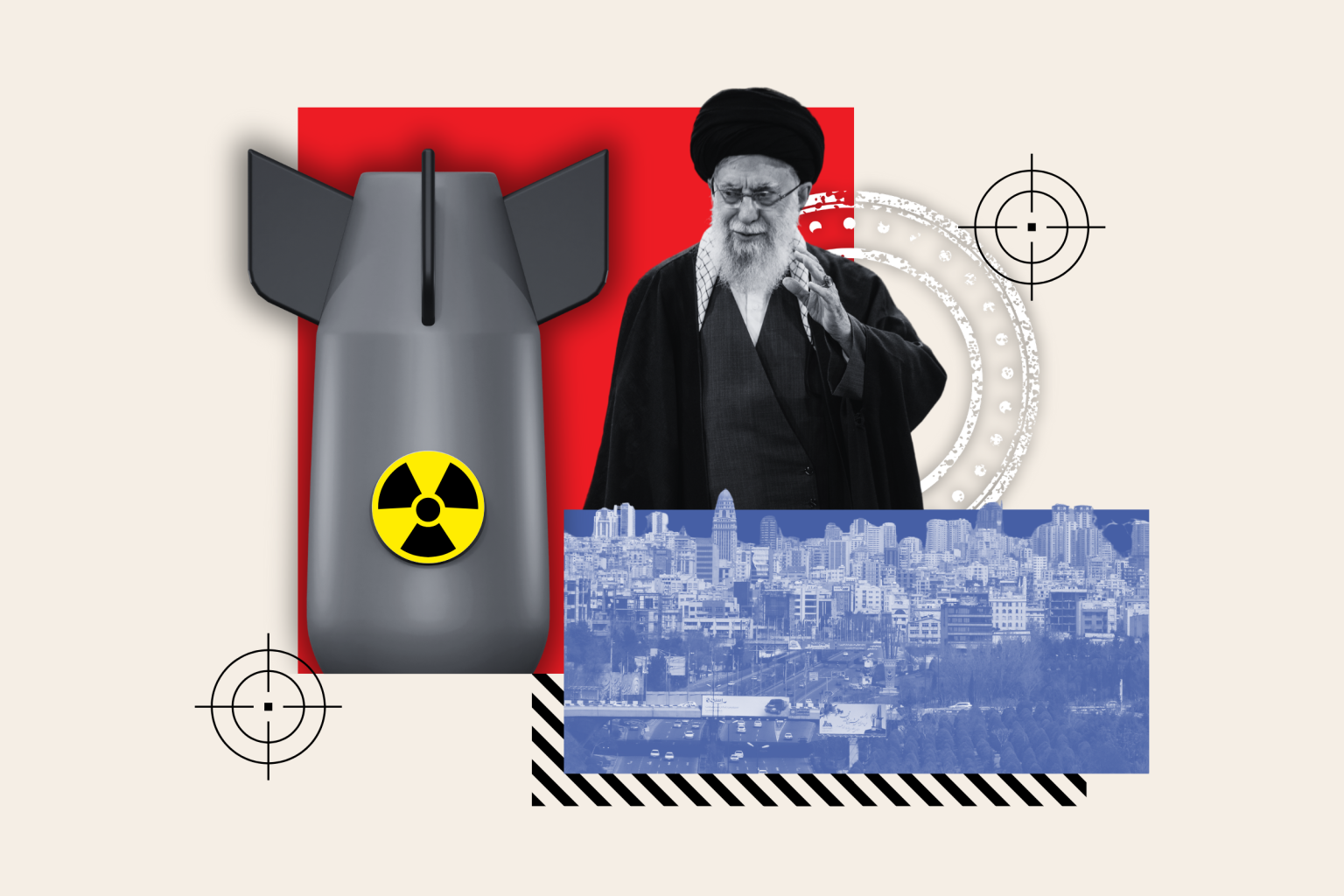Iran is reconsidering its official ban on developing weapons of mass destruction in light of rising tensions and deteriorating security conditions in the region. Influential figures in Iran are considering boosting deterrence by going down the nuclear path, particularly in response to threats from Israel. While Iran has previously maintained a commitment to not developing nuclear weapons, recent comments from high-level officials suggest a potential shift in policy.
Iran’s nuclear program has been subject to international scrutiny for decades, with suspicions that the country was pursuing nuclear capabilities. The U.S. and the UN have issued sanctions against Iran over its nuclear activities, leading to the landmark multilateral nuclear deal in 2015. However, the U.S. withdrew from the deal under the Trump administration, and Iran began accelerating its program. Recent comments from Iranian officials about potentially revising their nuclear policies have raised concerns among international observers.
The shift in Iran’s nuclear debate is driven by concerns over enemy action, the absence of prospects for nuclear negotiations, and fears of further sanctions or military measures from the U.S. Iran’s decision-makers are weighing the risks and opportunities of pursuing nuclear weapons, considering the experiences of other countries such as Iraq, Libya, and North Korea. Iran already possesses a significant arsenal of missiles and drones, but recent events have highlighted the limitations of conventional deterrence against potential threats.
Observers within Iran note that only Supreme Leader Ayatollah Ali Khamenei can reverse the country’s stance on nuclear weapons. There may be a faith-based argument for pursuing nuclear capabilities if Iran’s survival is deemed to be in jeopardy. The U.S. and Israel have issued warnings against Iran’s potential nuclear ambitions, emphasizing the need to prevent Iran from possessing a nuclear weapon. The Biden administration has not ruled out military options to ensure this outcome.
The prospect of Iran pursuing nuclear weapons poses risks and opportunities for the region. Other countries in the Middle East, such as Saudi Arabia, Egypt, and Turkey, may be incentivized to also consider nuclear programs in response. The consequences of an Iranian nuclear endeavor could shift the balance of power in the region, leading to increased stability or heightened tensions depending on the response from other states. Trust between Washington and Tehran is low, making any potential deal more challenging to achieve.
The Middle East continues to trend towards greater instability, fueled by the ongoing conflict in Gaza and uncertainties in the international order. The lack of trust between the U.S. and Iran, along with Iran’s advanced nuclear capabilities, raises concerns about the potential for further escalation. Creative thinking and diplomatic efforts are needed to address the complex dynamics surrounding Iran’s nuclear ambitions and the broader regional security situation.







